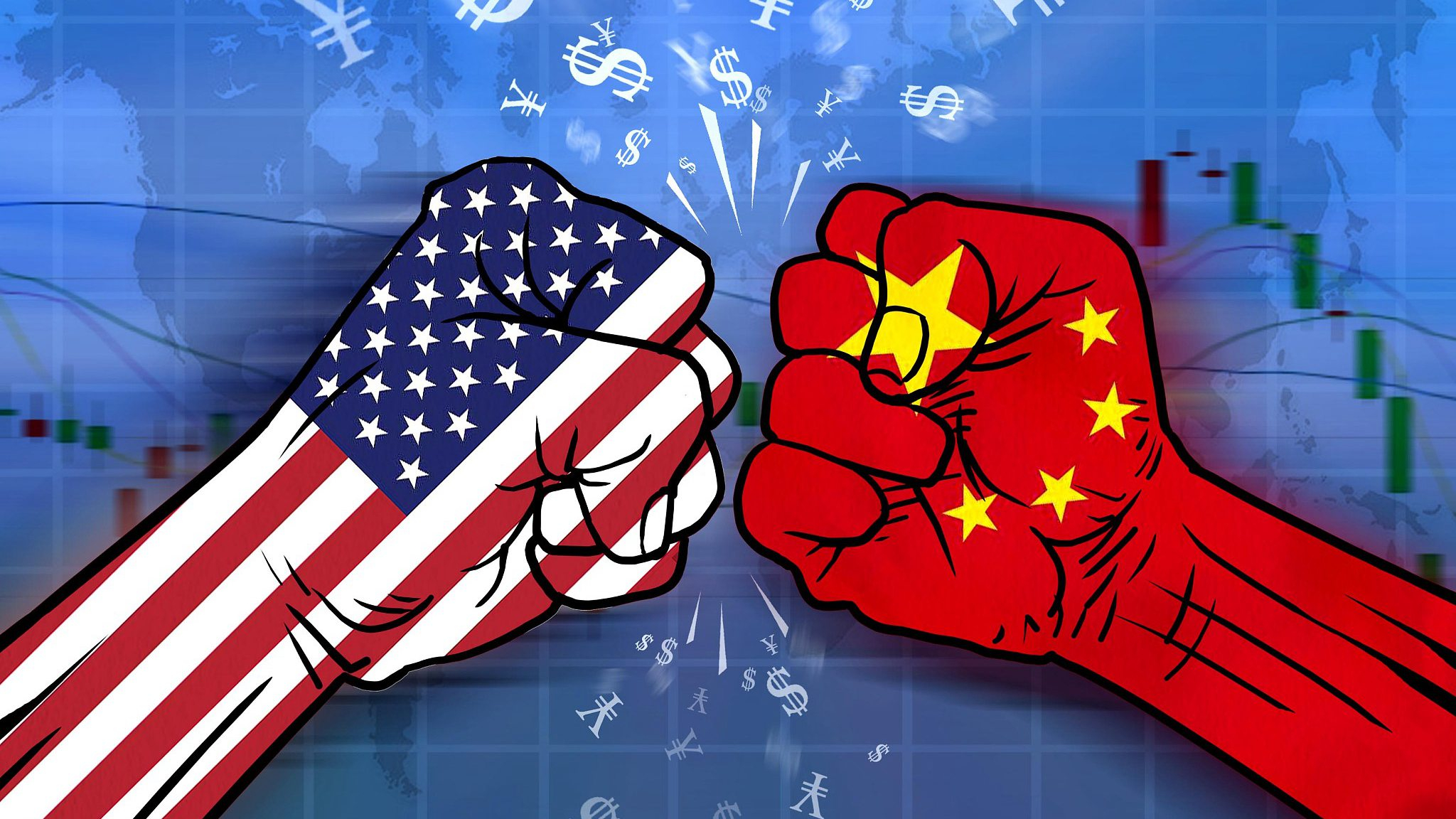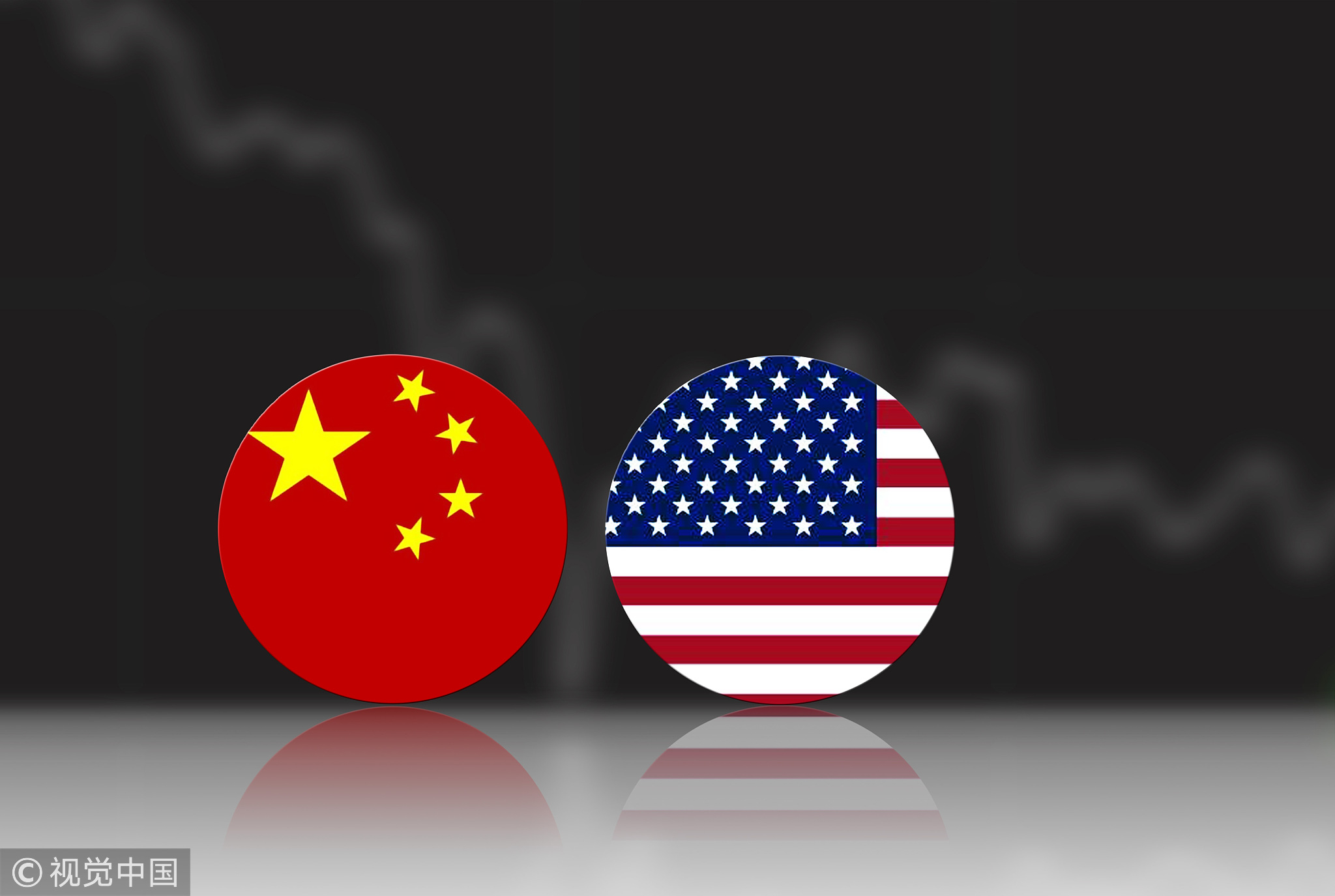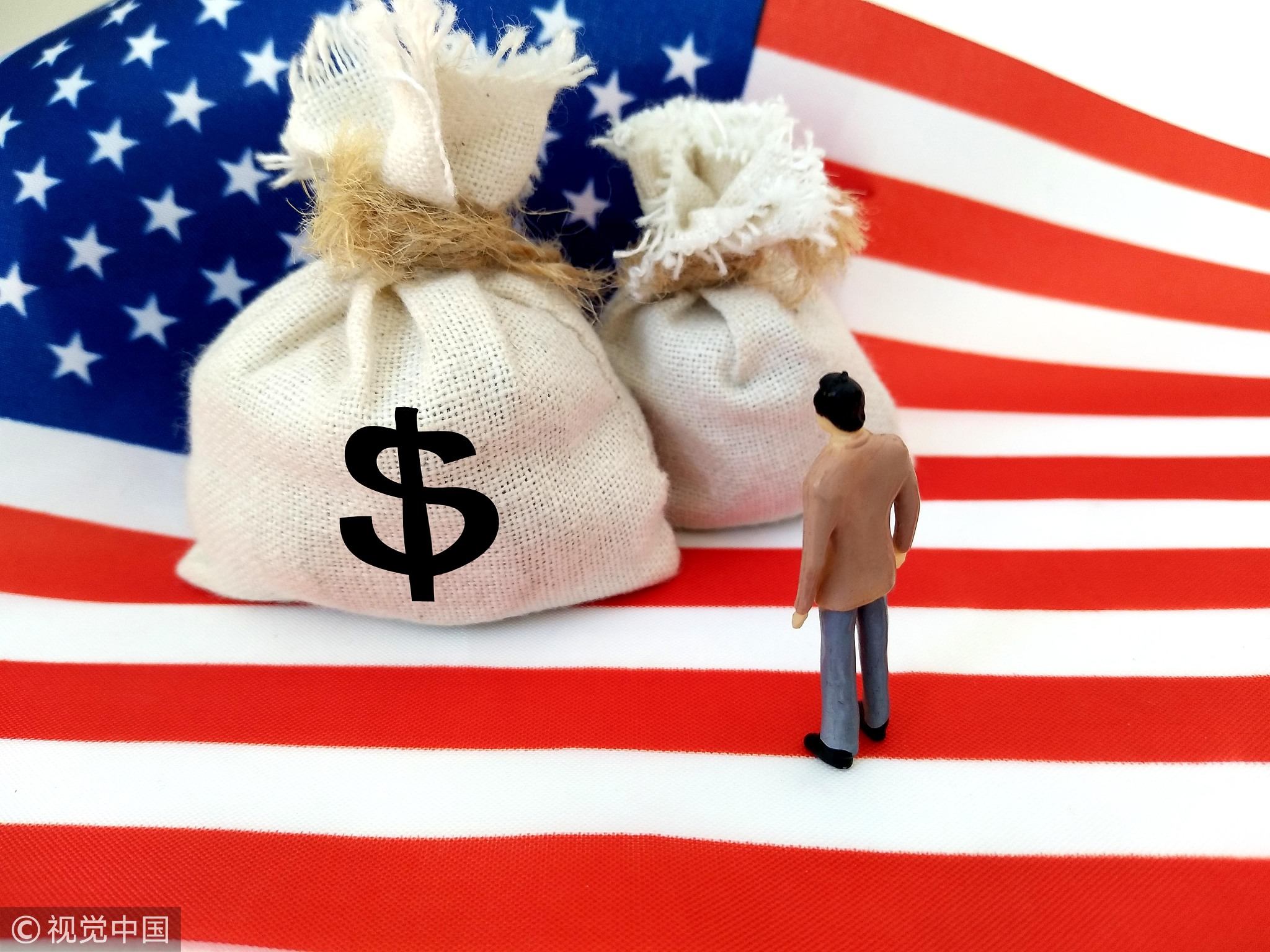
Opinions
21:23, 16-Jun-2018
Opinion: What's China's stance on a trade war?
Sheng Yuhong

Editor's note: Sheng Yuhong is a commentator at CRIOnline. This article is translated from an opinion piece originally published in Chinese on CRI.
Regardless of the consensus that the Chinese and the US government reached, the US decided to levy a 25 percent tax on 50 billion US dollars worth of imported Chinese products on June 15.
On Saturday, the Customs Tariff Commission of the State Council of China made a decision, as a countermeasure, to impose a 25 percent tariff on 659 categories of imported American products with the same value.
As the US government's decision has severely infringed and damaged legitimate interests of China and the Chinese people, and China responded to the list of effected products given by the US for the first time two months ago, China, this time, has adopted a faster, stronger and more precise form of retaliation.
In terms of "faster," the announcement stated by the Chinese government came just six hours after the US' decision, which is two hours earlier than in April.
There are 659 types of US product that will have tariffs added, including agricultural, automobile, aquatic, medical and energy products, etc., this revision includes a wider range and a stronger effort, compared with the last time.

The 659 types of US product that are effected include a wider range and a stronger effort compared with that in April. / VCG Photo
The 659 types of US product that are effected include a wider range and a stronger effort compared with that in April. / VCG Photo
To be more specific, the Chinese government has directly categorized two sequences of different kinds of products that will have tariffs and the dates that the tariffs will be imposed, respectively.
But back in April, the Chinese official statement said "the date of tax implementation will be determined by the US government's implementation of tariffs imposed on our products." Therefore, China's move is more precise this time.
History has proved that no one can win a trade war. But the US has been capricious, as they have abandoned agreements reached by the country and China.
As a result, the US has lost the trust of the people from both sides and disappointed countries that are or will be making economic and trade lawsuits with it.
Not only that, but the American Chamber of Commerce, the National Retail Federation, the American Soybean Association, and many more organizations have criticized Trump's government by pointing out that imposing tariffs on Chinese products is actually imposing tariffs on American consumers.
US soybean futures, for example, have fallen to their lowest point in nine-and-a-half months, reflecting the general panic of the global market.

Imposing tariffs on Chinese products is actually imposing tariffs on American consumers. / VCG Photo
Imposing tariffs on Chinese products is actually imposing tariffs on American consumers. / VCG Photo
As a country that holds the firm stance of pursuing peace and appealing for cooperation, China does not intend to become engaged in a trade war. But the US' tariff measures have seriously impacted China's normal trade conditions and the global multilateral trade system.
Thus, China is forced to participate, with the "Chinese model" acting as a guarantee against unilateralism and with reform and opening-up intensified to prevent any interference, in order to maintain the interests of the Chinese people and keep world trade on the right track.
A statement from Washington DC, which says the US will continue imposing extra tariffs if China takes any retaliatory actions, has come to the attention of the Chinese government.
China, however, will not flinch from this provocation and will fight till the end, as Beijing is well-prepared for a tough, complicated and long-term trade war.

SITEMAP
Copyright © 2018 CGTN. Beijing ICP prepared NO.16065310-3
Copyright © 2018 CGTN. Beijing ICP prepared NO.16065310-3